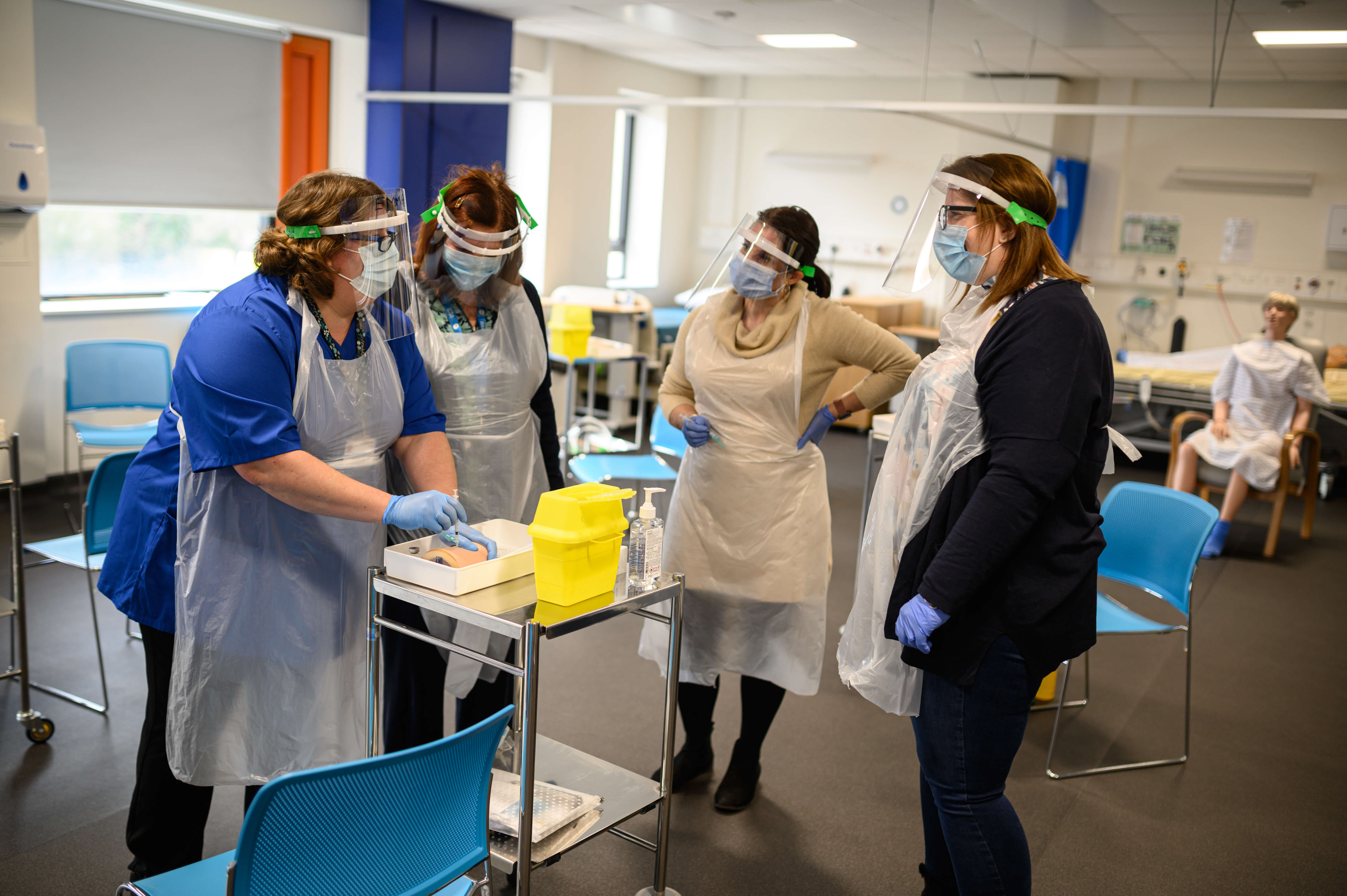
Any personal statement must and shout display your individual uniqueness. Think of it like this: what’s your selling point? ‘There are two ways you can write your personal statement for medical school: give a general comprehensive statement or respond to very specific questions. In general terms, according to UCAS, your personal statement should include your career aspirations, how you became interested in studying your subject of interest, and your work experience. It should also include any other relevant academic achievements — time to get those trophies and awards out!
If you’re applying for medical school, you will tackle broad topics in your first essay. Some of these include an experience that challenges your views about medicine, a challenging personal experience, and your motivation to seek a career in medicine. Usually, you’ll need to write an additional essay, even two, when submitting secondary applications to individual schools. These essays require an answer to a specific question, so you should choose a subject that complements your first essay. For Oxford University, a good statement is something to be considered alongside other information. This information is made up of your academic record, BMAT score, references, and your interview performance.

Convince admission officers that you’re up for the rigours of medical school. Source: Oli Scarff/AFP
Do
Allow yourself ample time for writing and revision so your essay is submission-ready. If this means writing and re-writing, then so be it. Give yourself time, and a good night’s sleep, so you can review what you’ve written with fresh eyes and edit accordingly.
Don’t
Rush your writing, and avoid cliches. World peace might be a good wish, but this belongs to the beauty queens. Instead, be personal and specific.
Do
A five-point essay format would be great to follow for structure. The first paragraph should captivate the reader’s attention. The body should reveal who you really are, and ideally, one of the paragraphs should show clinical understanding and service. The concluding paragraph should reflect the beginning of your essay and include a challenge for the future.
Don’t
Overdo it. Don’t up yourself too much, and don’t self-deprecate either. Your personal statement for medical school should have interesting aspects of your journey, not tell your entire life story.
Do
Find your own unique angle, something you can say about yourself that no one else can. Everyone has stories about success and failures — what’s important is how you reacted to these situations. Bringing your own voice to your statement is challenging but rewarding.
Don’t
Instead of telling the admissions faculty about your unique qualities, prove it by showing them through the stories you write. Your essays shouldn’t be hard to understand, avoid complex writing by sticking to clear and direct language.

Revise, revise, revise is a given when writing your personal statement for medical school. Source: Ina Fassbender/AFP
Do
If you are able to reach out to experts about your strategy for your personal statement for medical school, do so. Getting expert guidance on how to write your statement not only shows your accomplishments but also your passion and interest.
Don’t
You don’t want your essay to be boring, be sure to check how your paragraphs connect to each other.
Do
Stick to the word count, and always double-check the word count specific admission committees have. AMCAS has a 5,300 character limit including spaces. For TMDSAS it’s 5,000, and for UCAS it’s 4,000.







